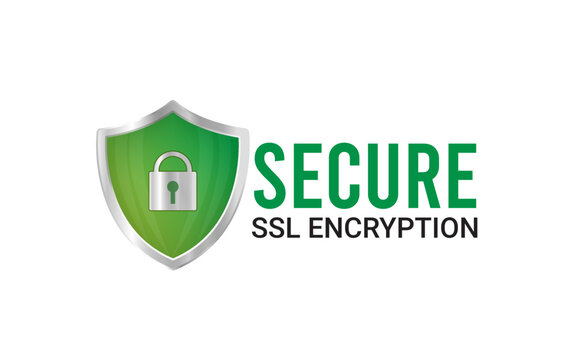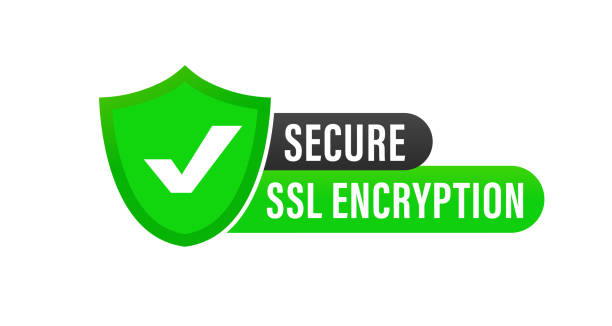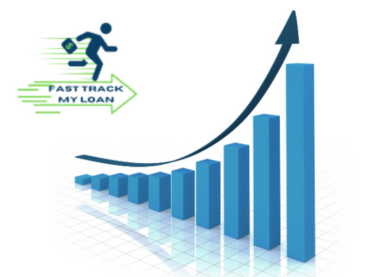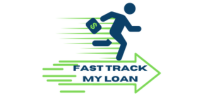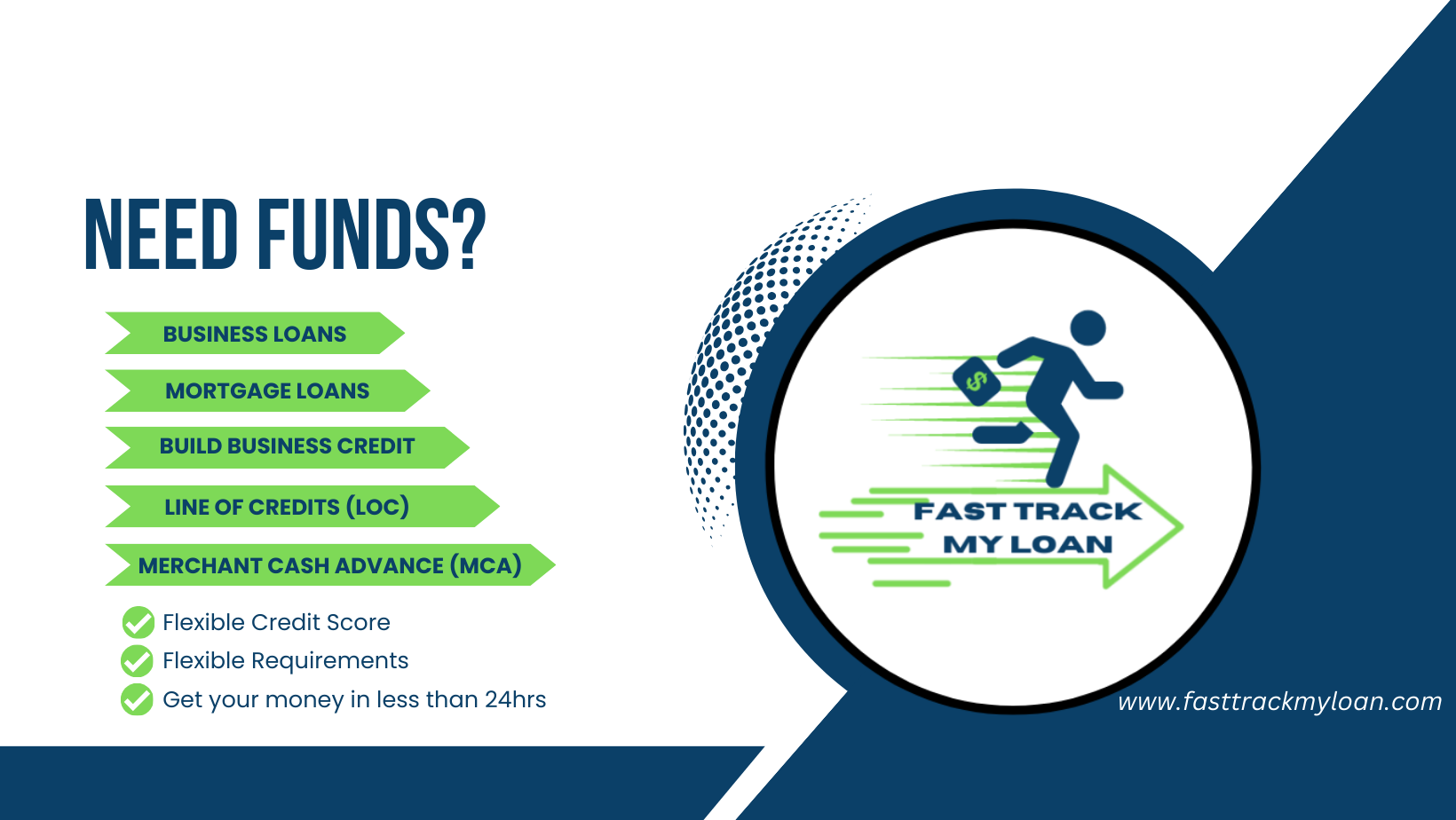Steps to Getting a Small Business Loan
Prepare the necessary documentation required for funding.
Ensuring accessibility to these documents during the application process will streamline lender
approval and determine the terms and amount of the loan. Required documents include:
- Social Security number or Tax ID
- Business licenses and filings
- Tax filings (Profit/loss statement, balance sheet, bank statements)
- Additional documents as specified by individual lenders
Gain an understanding of various small business funding options:
Traditional Bank Loans: Typically offer a fixed amount to be repaid in monthly installments. Common
options include lines of credit with lower interest rates but requiring higher credit scores for
existing businesses.
Revolving Lines of Credit: : Allow borrowers to access funds up to a credit limit, with the limit
replenishing after repayment. While credit cards are familiar, they are more suitable for small
purchases. Alternative forms of revolving credit may better suit larger needs.
SBA Loan: Offered through the Small Business Administration, these loans mitigate risk for private
lenders who administer them.
Explore numerous business financing options available through Fast Track My Loan Financial. Visit our
comprehensive list for details.
Apply for funding:
1. Conduct thorough research and gather necessary information and documents.
2. Initiate the application process promptly to secure essential funding during uncertain times.
3. Fast Track My Loan Financial offers support through a quick 1-minute application process,
connecting you with a Business Financing Advisor to find the most suitable small business loan for
your needs.
What Are Average Small Business Loan Rates?
You must be completely aware of the complexities surrounding various small business loan kinds and
the interest rates attached to them to make the most out of your business finances.
The conditions and amount agreed upon, along with the kind of loan you want, all influence the
interest rates.
It's important to understand that small company loan rates offered by non-traditional lenders could
be higher than those of standard bank loans. For business owners who might not fit the model for
conventional finance sources, this provides a viable option.
Small business loans often have interest rates that range from 2 percent to 13 percent on average.
Small Business Administration (SBA) loans, on the other hand, show a slightly more constrained
range, from 3.5 percent to slightly over 11 percent.
How to Get a Business Loan Without Collateral
Obtaining a small business loan without collateral requires some due diligence. Here are a few things
you can do to increase your chances.
Get Your Credit Score in Shape
In the absence of collateral, your credibility becomes your primary asset, encapsulated by your
creditworthiness. A method to enhance this is by reducing your credit utilization ratio, a pivotal
step, particularly for individuals seeking small business loans despite unfavorable credit.
Determine Cash Flow Projections
It is essential to know whether you can afford the debt and to lay up a workable repayment plan. Your
attempts to persuade lenders of your ability to FastTrackMyLoan loans may be hampered if you don't
do this.
Once you've assembled all the prerequisites for qualifying for a small business loan, explore the
diverse lending avenues available to secure your financial stability. Numerous lending options
await, poised to set you on a path toward financial success.

